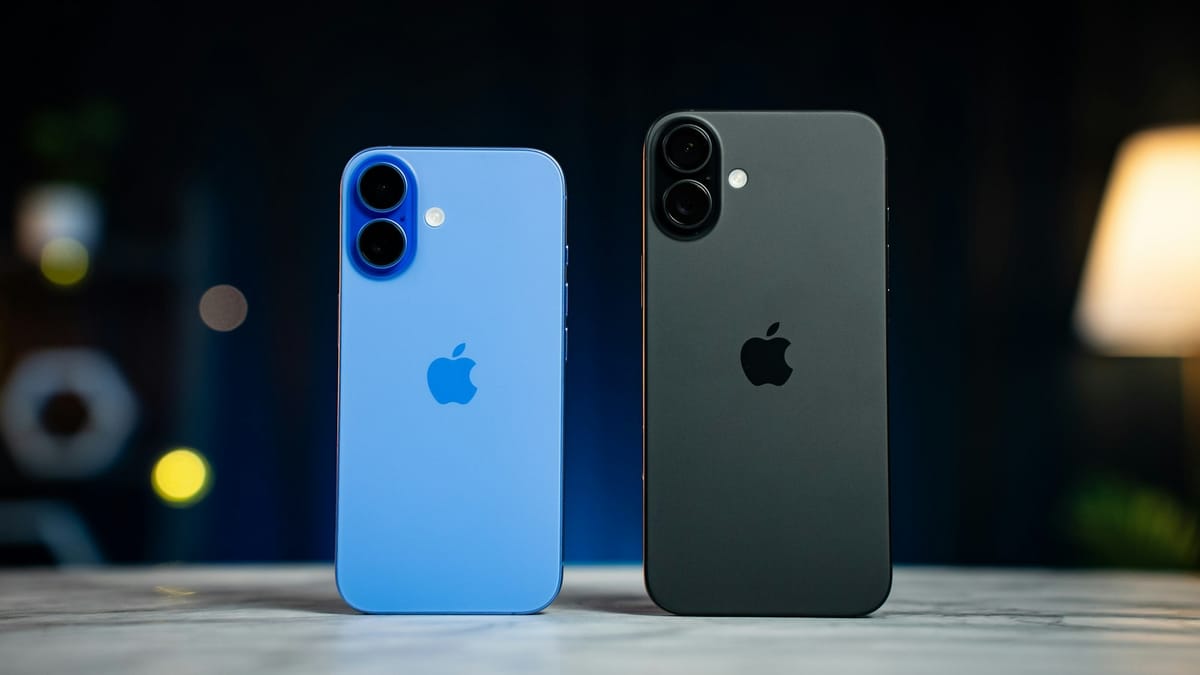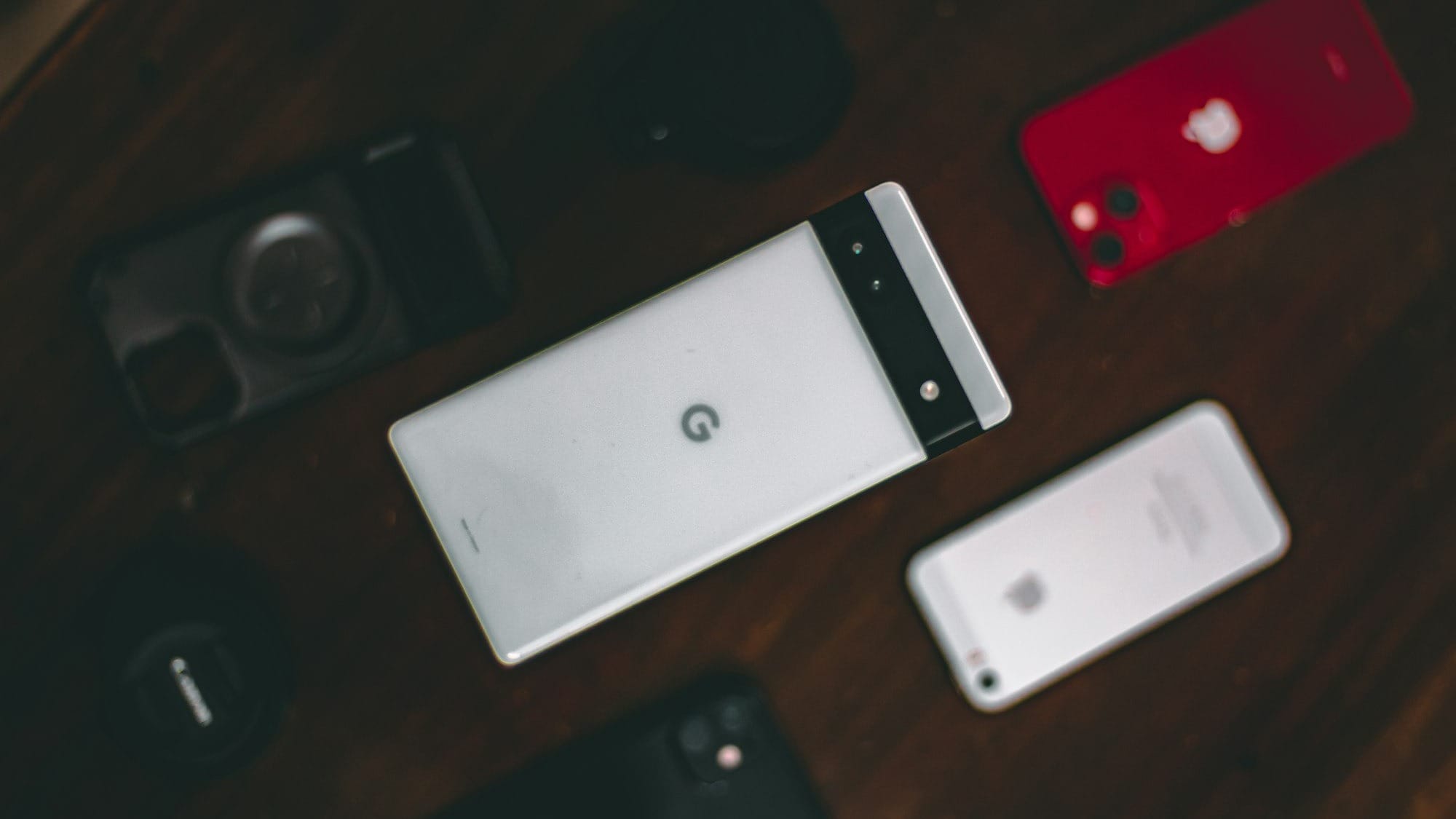Indonesia has banned Google Pixel sales in the country
With a small hold on the Indonesian market, this could prevent the phone from properly taking off in the country.
Just days ago, Indonesia banned iPhone 16 sales because Apple didn’t meet local production requirements and only invested $95 million out of a promised $108.7 million in the country. Now, Google is facing the same issue, with the sale of Google Pixel devices getting the axe for similar reasons.
While there have been no accounts of Google failing to invest in the country, to get back in the game, Google needs to ensure that at least 40% of the parts for its devices sold in Indonesia come from Indonesia. These requirements have been around since 2017 and were reportedly established to protect local businesses and keep things fair for all investors.

Other big players like Samsung and Xiaomi have managed to play by the rules by setting up manufacturing facilities in Indonesia. With those factories relying on local materials, the companies were able to meet the requirements and obtain a "Local Content Level Certificate", the same that Google needs to be able to continue sales in the country. Because of its effectiveness, Google might want to consider doing something similar.
With Indonesia being the fourth most populous country with over 283 million people, Apple and Google might want to act fast to get a proper hold of the country's population and ever-expanding smartphone market.

Right now, Indonesians can only purchase these phones overseas, which adds extra costs and might discourage people from buying them.
With GSMArena reporting only about 22,000 Pixel phone units in the country before its ban, Google's numbers might remain like that for a while especially since Google only has a small market share compared to competitors like Oppo, which holds around 17.01%, and Samsung at 16.43%, as noted by Statista.









